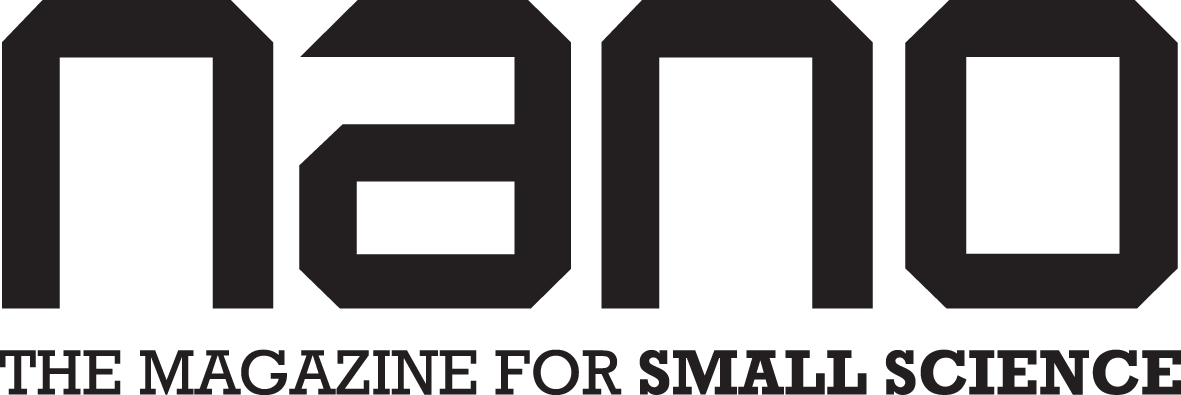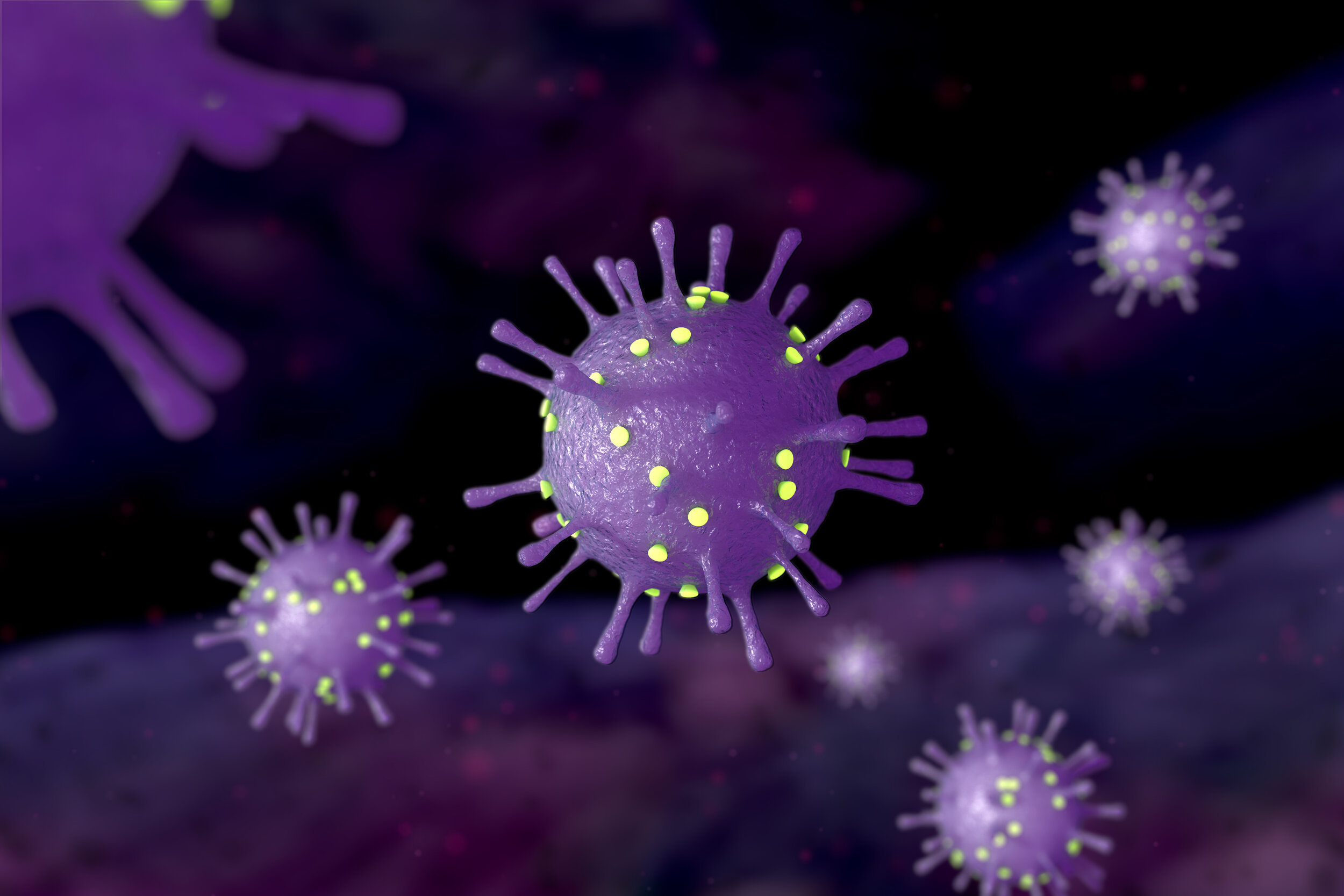Startup develops quick-response test for Coronavirus

Sona Nanotech Inc., a Canada-based biotechnology company that designs multiplex diagnostic testing platforms, has newly succeeded in developing a lateral-flow test for identifying the novel Coronavirus in under 15 minutes, by leveraging its proprietary nanorod technology.
Sona is developing a quick-response lateral-flow test to screen patients for the nCoV19 virus. When completed, the test is expected to produce results in 5-15 minutes and is anticipated to cost less than $50. There is currently no lateral flow test specific to the nCoV19 strain of the Coronavirus, which was first detected in Wuhan, Hubei Province, China and continues to spread across the globe. There have since been more than 77,000 cases globally and over 2,600 deaths.
Sona will integrate its proprietary nanorod technology into a disposable lateral flow test platform (similar to pregnancy tests that can be administered without skilled technicians or additional laboratory equipment) for use as a screening tool to help triage individuals.
Currently, the majority of testing completed for the nCoV19 virus utilizes molecular based technology (PCR), a testing platform that; typically costs more than $200 per test, frequently takes 2-4 hours to produce results, and requires specialized laboratory equipment and skilled technicians to operate. In comparison, lateral flow assays provide results between 5-15 minutes and can be administered by a layperson.
“Screening tests are critical tools in dealing with rapidly evolving and large-scale out-breaks that tax the health care system, like this novel Coronavirus,” says Darren Rowles, CEO, Sona Nanotech. Screening tests rapidly identify at-risk patients, which allows the medical community to focus its resources on the patients that need help the most.
“Lateral flow tests previously developed with Sona’s proprietary nanorods have demonstrated industry-leading test sensitivity levels compared to other particles,” continues Rowles. “The higher the test sensitivity, the more accurately a lateral-flow screening test will identify patients as ‘at-risk’ or ‘not at risk’.” Sona is in continuing discussions with several companies and organizations relating to the development of the nCov19 Coronavirus and expects to provide additional updates on Sona’s test development in the coming days.
About Lateral Flow Technology
Lateral flow technology is used for the detection of proteins, viral antigens, and small molecules based on a series of capillary beds, such as pieces of nitrocellulose paper or microstructured polymer, that each of these pads can transport fluid spontaneously.





